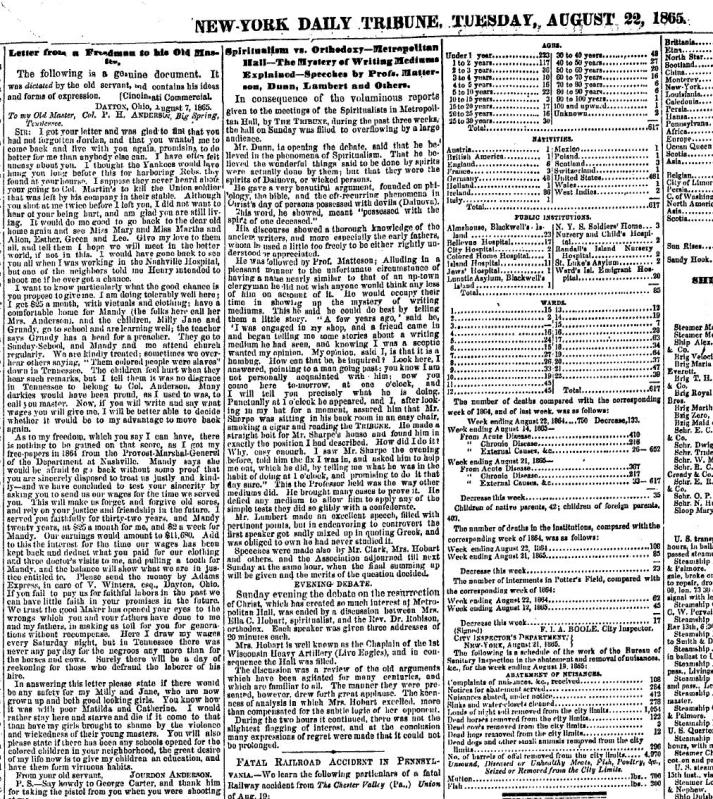This Sunday kicked off the first rehearsal for A Resting Place. With a cast of nearly 150 and six weeks to rehearse, this project guarantees no shortage of exciting moments. The first meeting was held at the Arena Stage at Moravian College and was attended by the entire cast. The first hour was devoted to trying to explain all the major moving part of the process and how everyone would be utilized. After all the practical stuff was out of the way, we then read through the entire script while the cast was taken row by row to get measured for costumes.
In addition to the 30+ speaking roles in the play, there are over 100 chorus members. The main function of the chorus is to perform large movement pieces that will illustrate the dialogue of the play. These movement pieces will be created and choreographed by a team of assistant directors, including myself and the other apprentices here at Touchstone. This will be my first adventure in creating movement work on such a large scale, and while it’s always scary to do something for the first time, I’m quite excited by the challenge and am looking forward to the process.
Last night we were lucky enough to have the playwright, Alison Carey, with us at Touchstone Theatre for a second reading of the script, followed by a discussion about what the cast thought of the play and the Civil War. It’s so great to hear fresh voices and new insight into a project that has been close to me for the past year and a half. The discussion reminded me of the value of the project, specifically how the topics surrounding the Civil War still hold relevance to the world we live in today. The conversation circled around the debate of States Rights verses Slavery as the main source of conflict in the war, and how the battle between states rights verses national identity is at the center of many debates this election year. 
After this short but productive visit, Alison will be tweaking the script once more but sadly will not return to Bethlehem until it is time to see her baby being performed for the public. That means it is now up to all of us to flesh out the production and create something for the whole community to be proud of. I can’t wait.










